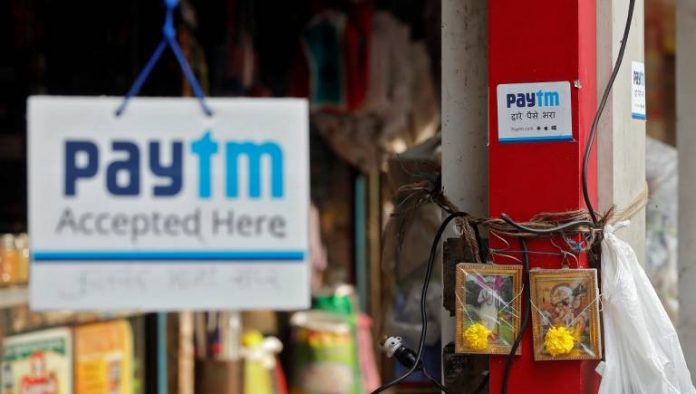The new levies will be applicable for topping up the wallet, paying bills or school fees and buying tickets.
NEW DELHI: Starting today, using Paytm will get a little dearer. It will start passing on the Merchant Discount Rate (MDR) that banks and card companies charge for digital transactions to consumers to help reduce the burn rate at the Noida company and turn profitable, said two people familiar with the development.
The charge amounts to 1% on payments through credit cards, 0.9% for debit cards and up to Rs 12-15 for transactions by net banking and the Unified Payments Interface (UPI), one of the sources said. Paytm, backed by SoftBank and the Alibaba Group and a leader in the segment, has been absorbing the charge and hasn’t been charging anything extra for payments made through its platform.
The new levies will be applicable for all modes of digital payments topping up the wallet, paying utility bills or school fees and buying cinema tickets. “There is a cost associated with every transaction,” said one of the persons. “Now (Paytm is) trying to cover that cost by passing them onto the consumers.” The person said the additional charges would be effective from Monday.
Paytm said it is merely passing on the MDR that banks and card companies charge and denied levying any convenience fees. “In case there is any fee being charged, then it is in fact the MDR being passed on by the merchant to the customer,” a spokesperson said. “Paytm does not (itself) charge any convenience fee or MDR from the consumers and has no plans to levy the same in the future.”
Experts said the decision was economically justified.
“In 2016, when digital payment was in its infancy, it needed 0% MDR for the uptick of the overall digital payment. But now the market-formation days are long gone, so it is fair for these companies to levy the MDR back onto the consumers because it is an operational cost for them,” said Sanchit Gogia, chief analyst at Greyhound Research. “Companies like Paytm would have pressures from investors and would have to prove to them that they can become profitable now. So MDR cannot be funded all the time. You cannot have zero percent MDR situation for five years and that’s not how business works.”
Last year, to promote digital transactions, the government said it will bear MDR charges on transactions up to Rs 2,000 made through debit cards, BHIM (Bharat Interface for Money), UPI or Aadhaar-enabled payment systems.
Experts said Paytm’s latest decision could have a marginal impact on the overall digital payment business in India that has expanded 10 times since the NDA government assumed charge in 2014.
“There will be a certain loss of customers, which I am sure that Paytm expects,” Gogia of Greyhound said. “But the fact is that ultimately this system cannot be run for the longest time. So, it is short-term loss for the long-term gain.”


